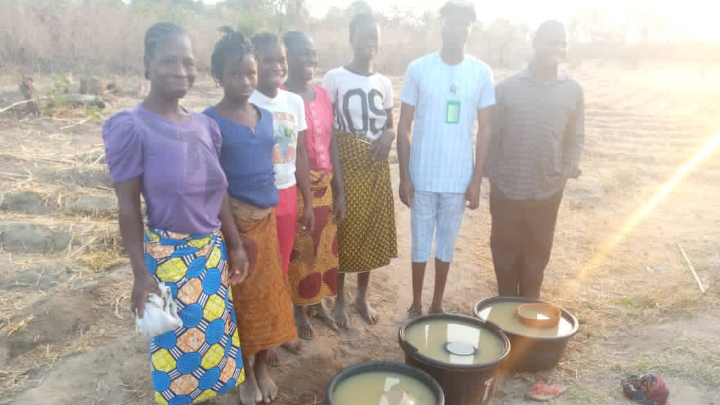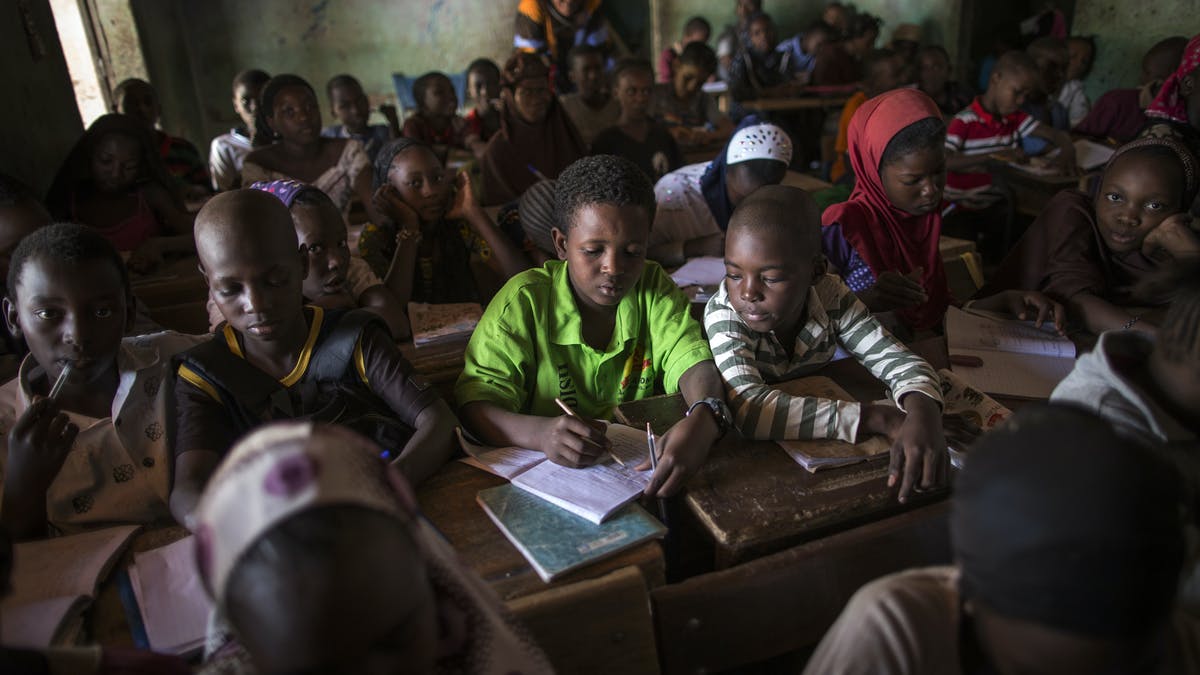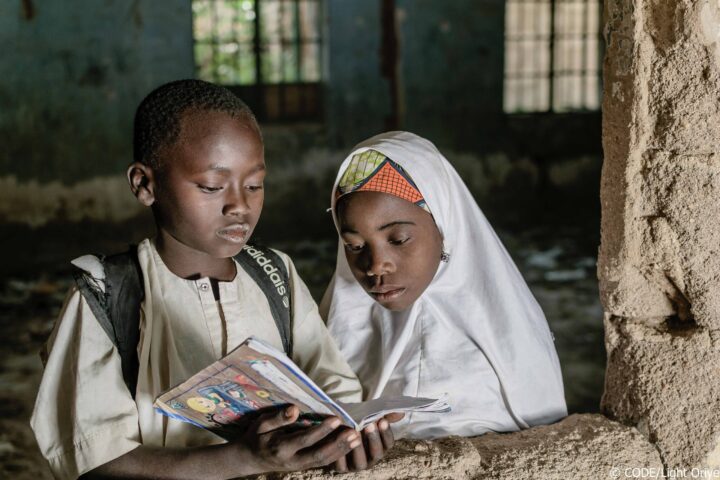BY AYOMIDE LADIPO
The Nigeria Centre for Disease Control (NCDC) on July 22 reported 526 deaths from cholera while there are 22,130 suspected cases in 2021 alone. The outbreak has been particularly intense in the federal capital territory (FCT) with 60 deaths recorded since June.
The primary cause of cholera is the ingestion of contaminated food and water, majorly fuelled by the lack of water and sanitation hygiene (WASH) infrastructures. Water Aid says 60 million people in Nigeria lack access to clean water. That is one in every three people.
In Kpoto community in Abuja, residents do not know what clean water looks like. When Tracka visited the community for civic engagement, it was discovered that they had no access to clean water. The villagers said they had tried every means to get government intervention but to no avail.
Advertisement
John, a resident, described the situation: “We suffer from lack of water, especially in the dry season. Our women usually go to the stream as early as possible to get water.
“Still, every time they go, they have to stay till the night before they can get some water, and the water isn’t even clean.”
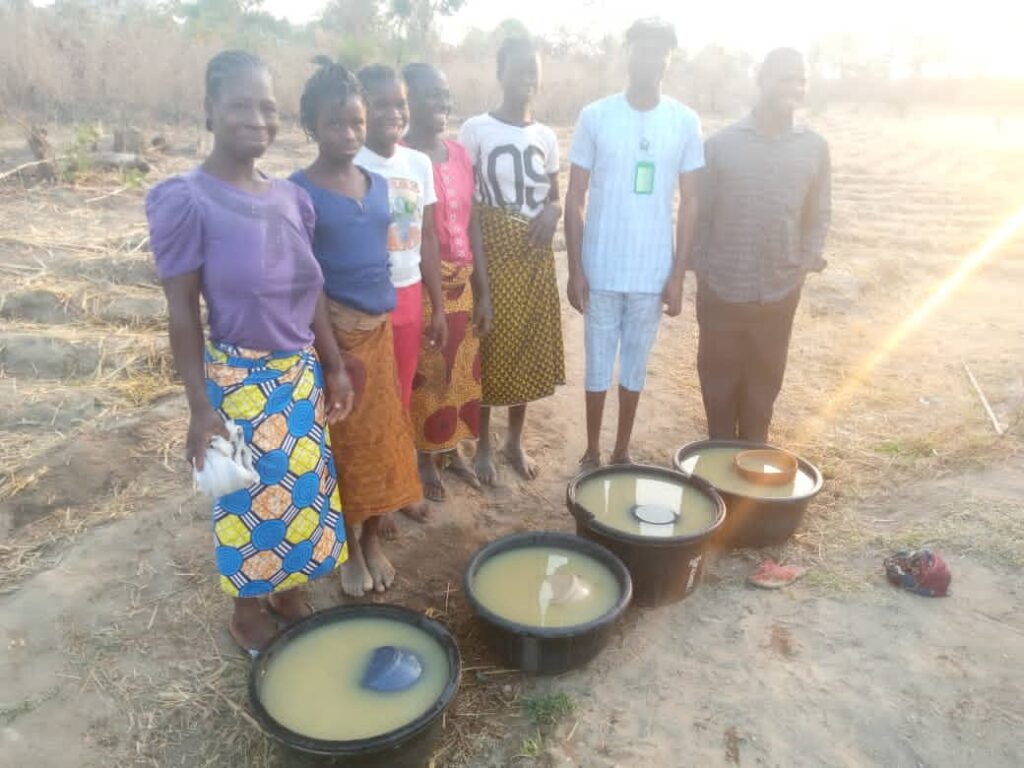
Advertisement
According to water.org, women are disproportionately affected by water crises, as they are often responsible for collecting water. This responsibility takes time away from work, school, and caring for the family. The lack of water and sanitation locks women in a cycle of poverty.
“Our women also face challenges during our period because we have to use the unclean water to wash, which is not healthy. Even our pregnant women use the water, and it causes many issues.” Madam Ladi, a farmer, told Tracka.
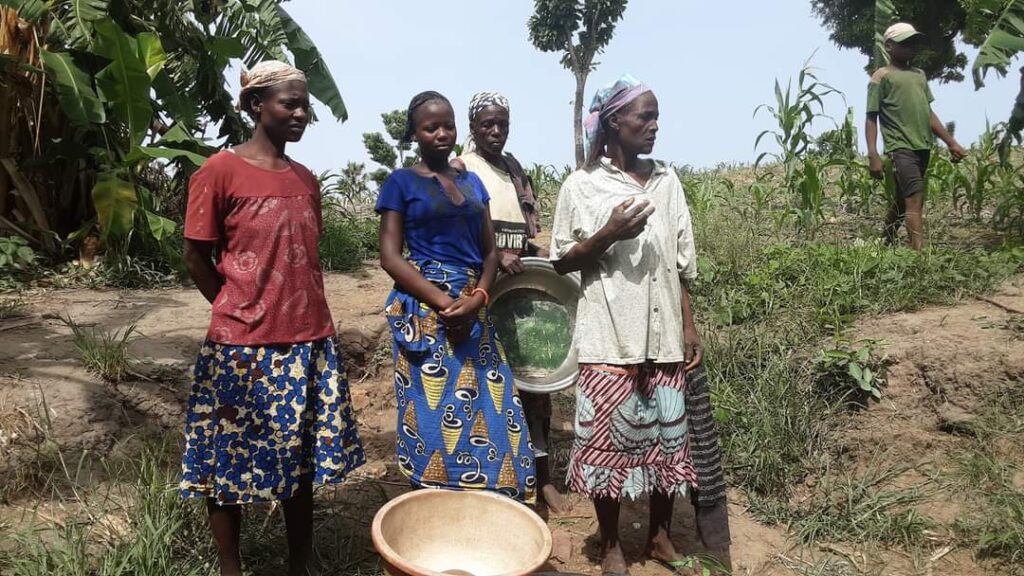
Girls also need clean water to wash themselves or their menstrual cloths and a place to dispose of their menstrual pads. Unavailability of these facilities in schools and homes will make a big difference in their upbringing and determine their presence at school during their monthly periods. Irregular attendance can lead to lower grades and may, eventually, mean that girls drop out of school altogether.
Advertisement
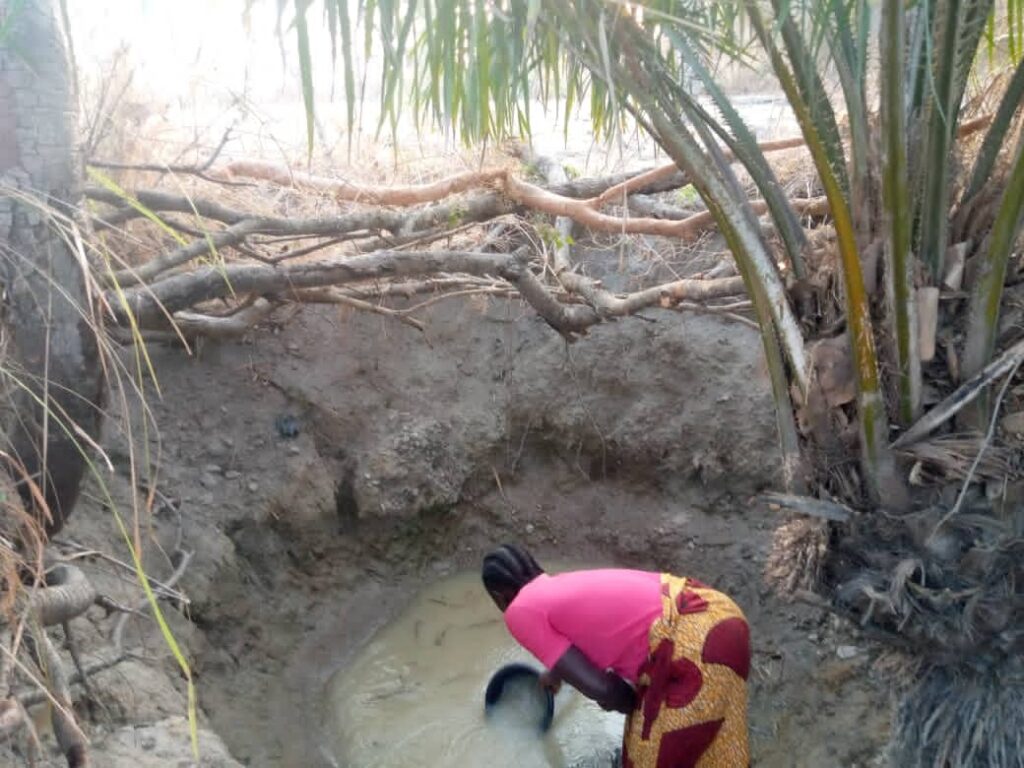
“We have many health challenges because of the unclean water, and when we fall ill, we have to go to the hospital in another village that is very far from here. Cholera has killed our people because of the water, and nothing has been done since. We don’t have school, we don’t have electricity. It is as if the government has forgotten us,” the community’s youth leader said.
The implications of situations like these are not far-fetched. In 2021 alone, the cholera figures have surpassed the total statistics of both 2019 and 2020 cases. It is a given that the lack of focus on the provision of WASH facilities will contribute to several diseases. Worse is, the community does not have a health centre. This situation is three-pronged; loss of lives, health challenges, an increase in school drop-outs.
The NCDC has urged the public to be aware of the risk of the disease and also gave recommendations. The agency asked the public to boil and store water in a clean and safe container before drinking; cook and store food safely, and wash hands properly. How is any of these possible if citizens cannot access clean water?
Advertisement
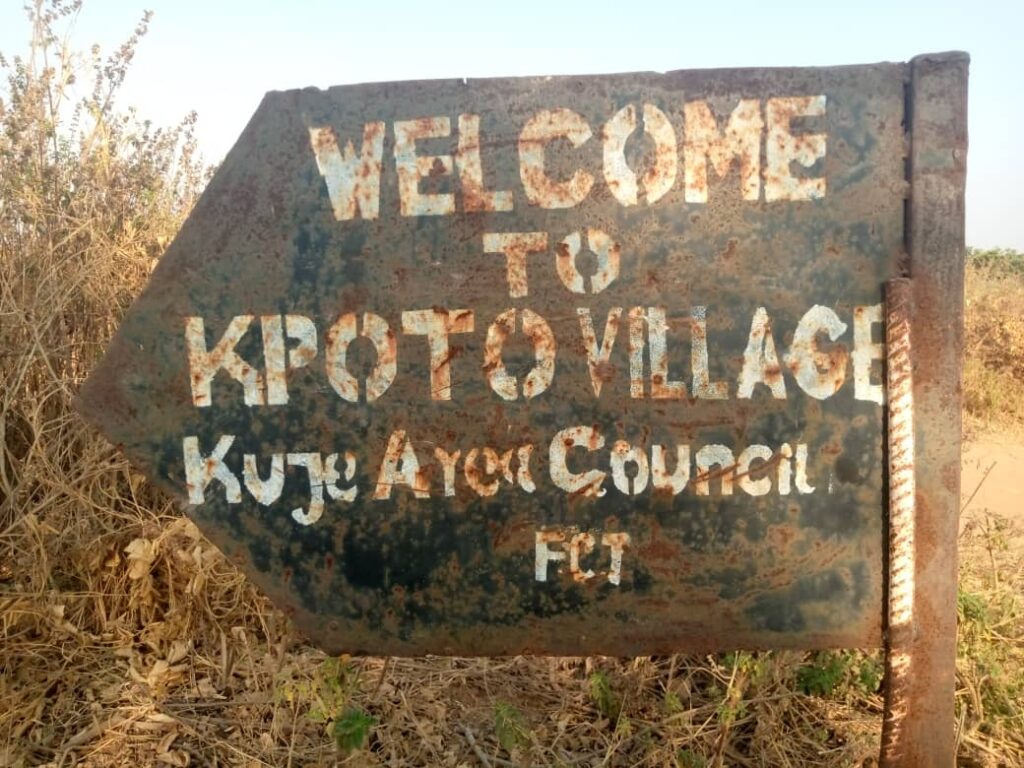
According to PUNCH, in July, the Federal Capital Territory Administration disbursed N2.6 billion to the six area councils in the FCT and other stakeholders. Why do Abuja citizens not have access to clean water and are dying of preventable diseases despite this allocation?
Advertisement
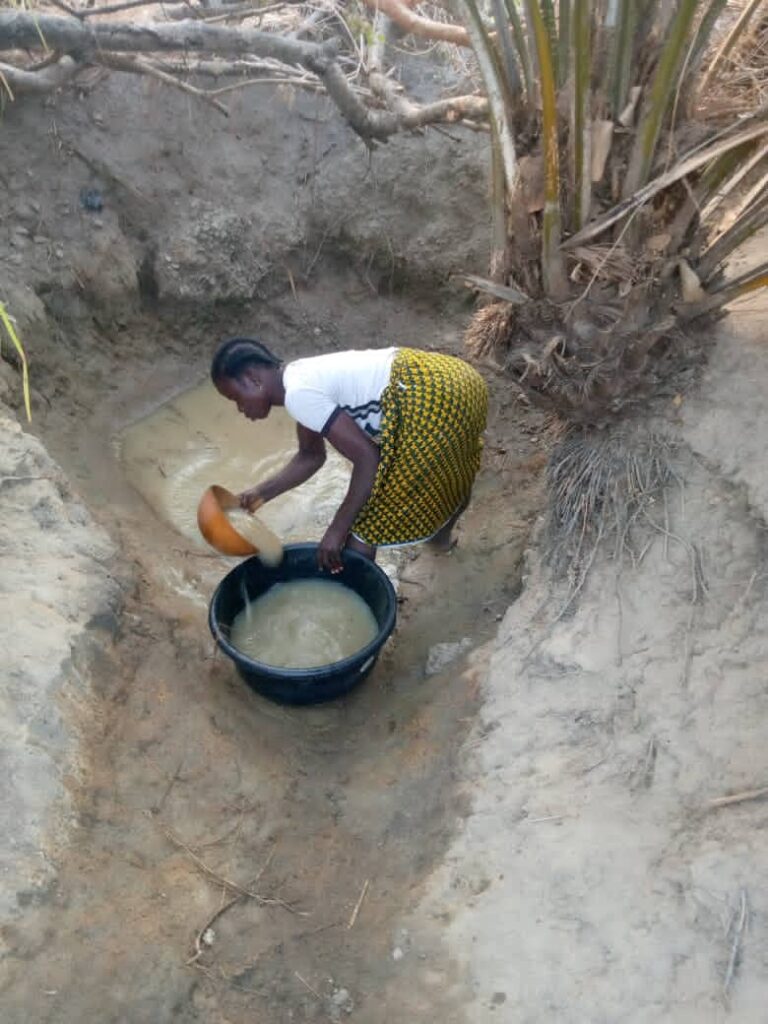
The federal government and relevant stakeholders should look into this issue and provide clean water for Kpoto and other communities without access to clean water. There is no excuse for citizens losing their lives due to preventable causes.
Advertisement
Ayomide Ladipo is a content producer with Tracka, the grassroots engagement arm of BudgIT Foundation.
Advertisement
Add a comment
